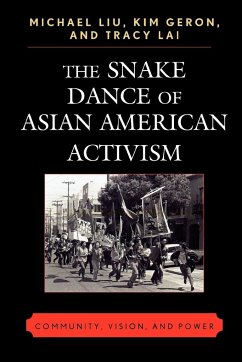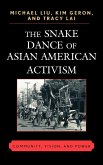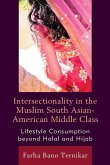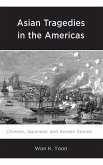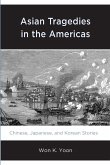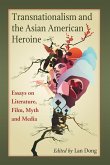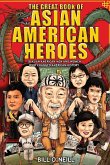This text reinterprets a misunderstood and overlooked epoch of the Asian American experience, the Asian American Movement (AAM). The authors argue that, contrary to the common view of the movement as a passing phase limited to college youth, the Asian American Movement spanned diverse political viewpoints and became increasingly sophisticated and effective. Asian Americans were active participants and played unique roles in the social movements that convulsed the 1960s and 1970s, particularly in protests against the Vietnam War. The book traces the history of the AAM from its roots in the 1930s to the present day and its impact on diverse areas of the Asian American community. Most importantly, it looks at the societal and community dynamics that led to the movement's trajectory. Using the lens of social movement theory, it analyzes the AAM's rise and ebb and possible resurgence. The authors argue that the AAM constituted a distinct, identifiable, and relatively stable social movement that dramatically impacted the direction of Asian American political and social activity.

